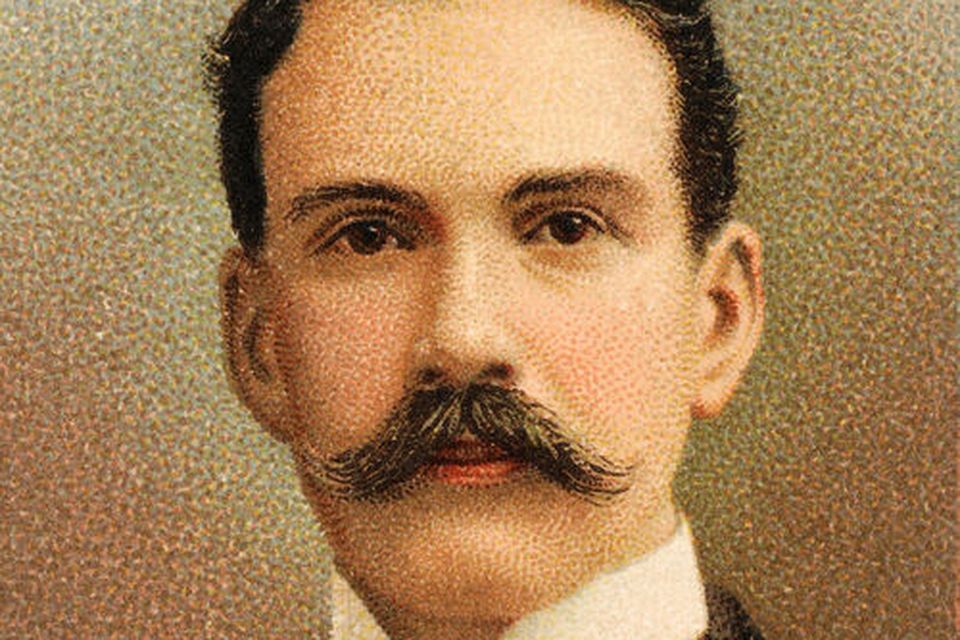Follow the lieder: the history of ‘art songs’ inspired by Franz Schubert
Exceptional diction - Harry Plunket Greene
In German, they’re known as lieder. In French they’re mélodies. In English, they get the rather grandiose title of ‘art song’, to distinguish them from popular vocal music and folksong.
Franz Schubert would be known as the primary exponent of the lied, though through history many others contributed to the catalogue of German song.
The classical French version — called mélodies to distinguish them from chansons — dates from the middle of the 19th century.
It was Hector Berlioz who first used the term “mélodie” to describe what he was writing. Romantics like him were striking out in a new direction, the music conveying feelings in both lyrics and performance as opposed to the formalities of framework and form that had previously taken precedence in the chanson.
Schubert wrote more than 600 songs, drawing inspiration from contemporary poets such as Friedrich Rückert (Du bist die Ruh, one of his most beautiful) and Wilhelm Müller, whose verse inspired two stunning song cycles, Die schöne Müllerin and Winterreise.
Gretchen am Spinnrade and Der Erlkönig were based on text by Germany’s foremost man of letters, Johann Wolfgang von Goethe. All of these were written for voice and piano, with both given equal prominence, creating a texture that elevates the music to another sphere.
Berlioz didn’t restrict himself to just a singer with piano accompaniment. His Les nuits d’été suite of songs was expanded into a variety of orchestrated versions.
He also created Irlande, a song cycle based on the poems of Thomas Moore, which ties in nicely with the contribution to the genre of another Irishman, Harry Plunket Greene.
Born on this date in 1865, Greene wasn’t a composer but a singer, and it was he who came up with the concept of the song recital as we know it.
However, the songs of Schubert and Berlioz, and English composers like Arne, Parry and Elgar were presented, it wasn’t until Greene came along that the notion of a whole programme devoted to a singer with piano accompaniment was developed.
The Dictionary of Irish Biography notes it was his exceptional diction that made him stand out. The accompanist Gerald Moore, while acknowledging the pleasure Greene’s singing delivered, still managed to damn him with faint praise, citing what he called “the tiresome cliché: ‘No voice, but what an artist’.”
George Hamilton presents ‘The Hamilton Scores’ on RTÉ lyric fm from 10am each Saturday and Sunday














